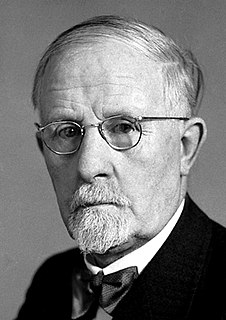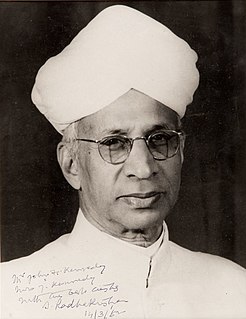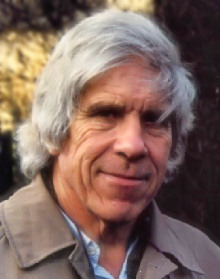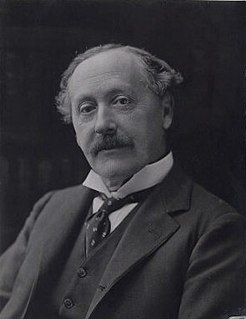A Quote by Walter Rudolf Hess
For man also, in health and sickness, is not just the sum of his organs, but is indeed a human organism.
Related Quotes
Health is certainly more valuable than money; because it is by health that money is procured; but thousands and millions are of small avail to alleviate the protracted tortures of the gout, to repair the broken organs of sense, or resuscitate the powers of digestion. Poverty is, indeed, an evil from which we naturally fly, but let us not run from one enemy to another, nor take shelter in the arms of sickness.
Homeopathy did not merely seek to cure a disease but treated a disease as a sign of disorder of the whole human organism. This was also recognized in the Upanishad which spoke of human organs as combination of body mind and spirit. Homoeopathy would pay an important part in the Public Health of the country along with other systems. Medical facilities in India are so scanty that Homoeopathy can confidently visualize a vast field of expansion.
The human being is a surprisingly resilient organism. We are impelled toward health not sickness. Your spirit, as surely as your body, will try to heal....So you should not fear tragedy and suffering. Like love, they make you more a part of the human family. From them can come your greatest creativity. They are the fire that burns you pure.
The human organism is thus still developing biologically while already standing in a relationship to its environmont. In other words, the process of becoming man takes place in an interrelationship with an environment. (...) From the moment of birth, man's organismic development, and indeed a large part of his biological being as such, are subjected to continuing socially determined interference.
Man as seen as an organism or man as seen as a person discloses different aspects of the human reality to the investigator. Both are quite possible methodologically but one must be alert to the possible occasion for confusion. (...) Seen as an organism, man cannot be anything else but a complex of things, of its, and the processes that ultimately comprise an organism are it-processes.
When, as today, there is a market in human organs, when fetuses are produced to make spare organs available, or to make progress in research and preventive medicine, many regard the human content of these practices as implicit. But the contempt for man that underlies it, when man is used and abused, leads -- like it or not -- to a descent into hell.
My feeling is that a human being or any complex organism has a system of cognitive structures that develop much in the way the physical organs of the body develop. That is, in their fundamental character they are innate; their basic form is determined by the genetic structure of the organism. Of course, they grow under particular environmental conditions, assuming a specific form that admits of some variation. Much of what is distinctive among human beings is a specific manner in which a variety of shared cognitive structures develop.
The most important characteristic of an organism is that capacity for internal self-renewal known as health. There are two organisms whose processes of self-renewal have been subjected to human interference and control. One of these is man himself (medicine and public health). The other is land (agriculture and coservation). The effort to control the health of land has not been very successful.





































